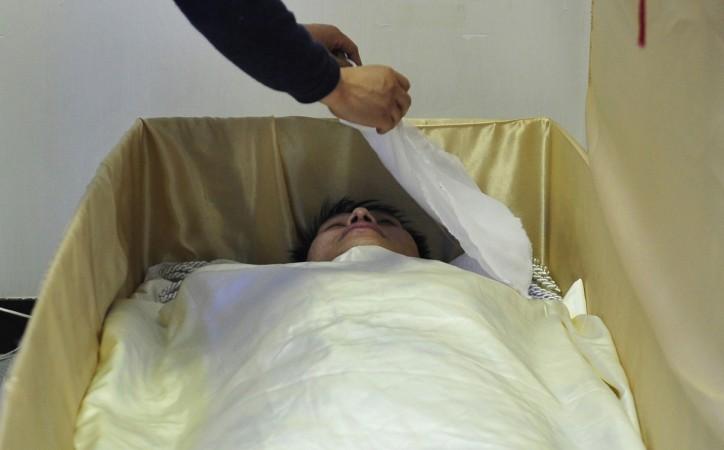
As time passes and mankind makes more inventions and discoveries, more questions are arising rather than getting answered, and one hard-hitting question that has troubled philosophers and scientists alike, since time immemorial, is whether there is a life after death.
Researchers at the University of Southampton, who conducted the largest study into near-death experiences have concluded that awareness continues for at least a few more minutes after the brain shuts down, paving way for the study of life after death.
According to the study published in Resuscitation by the team led by Dr Sam Parnia, a former research fellow at Southampton University, although it is known that cardiac arrest survivors experience various mental deficiencies, and many patients have related awareness associated with CPR, a systematic study of the relation between the two has not been conducted until now.
Scientists Parnia, Ken Spearpoint, Gabriele de Vos, Peter Fenwick, Diana Goldberg, Jie Yang, Jiawen Zhu, Katie Baker, Hayley Killingback, Paula McLean, Melanie Wood, A. Maziar Zafari, Neal Dickert, Roland Beisteiner, Fritz Sterz, Michael Berger, Celia Warlow, Siobhan Bullock, Salli Lovett, Russell Metcalfe Smith McPara, Sandra Marti-Navarette, Pam Cushing, Paul Wills, Kayla Harris, Jenny Sutton, Anthony Walmsley, Charles D. Deakin, Paul Little, Mark Farber, Bruce Greyson, and Elinor R. Schoenfeld gathered 2060 patients who have undergone a cardiac arrest at 15 hospitals across Britain, Austria and the United States.
Of them, 330 survived and 140 said they had experienced some kind of awareness while being resuscitated. The 46% that said they had "awareness" during the cardiac arrest, experienced seven major cognitive themes, which were fear, animals or plants, bright light, violence or persecution, déjà-vu and family.
While some recalled seeing a bright light, others related feelings of fear or drowning or being dragged through deep water. 13% claimed to feel separated from their bodies and equal number of subjects are also said to have experienced heightened senses.
One man even recalled leaving his body entirely and watching his resuscitation from the corner of the room, reported The Telegraph. The 57-year-old social worker from Southampton, who was clinically dead for three minutes, even recounted the actions of the nursing staff in detail and described the sound of the machines in the room.
"We know the brain can't function when the heart has stopped beating...But in this case, conscious awareness appears to have continued for up to three minutes into the period when the heart wasn't beating, even though the brain typically shuts down within 20-30 seconds after the heart has stopped," explains Parnia.
While there are many personal accounts of "out of body experiences", there has never been any scientific evidence to back it up.
Dr David Wilde, a research psychologist and Nottingham Trent University, who is currently compiling data on out-of-body experiences, is hopeful that the latest research, "AWARE—Awareness during Resuscitation—A prospective study" will encourage scientists to venture into the controversial topic.

















